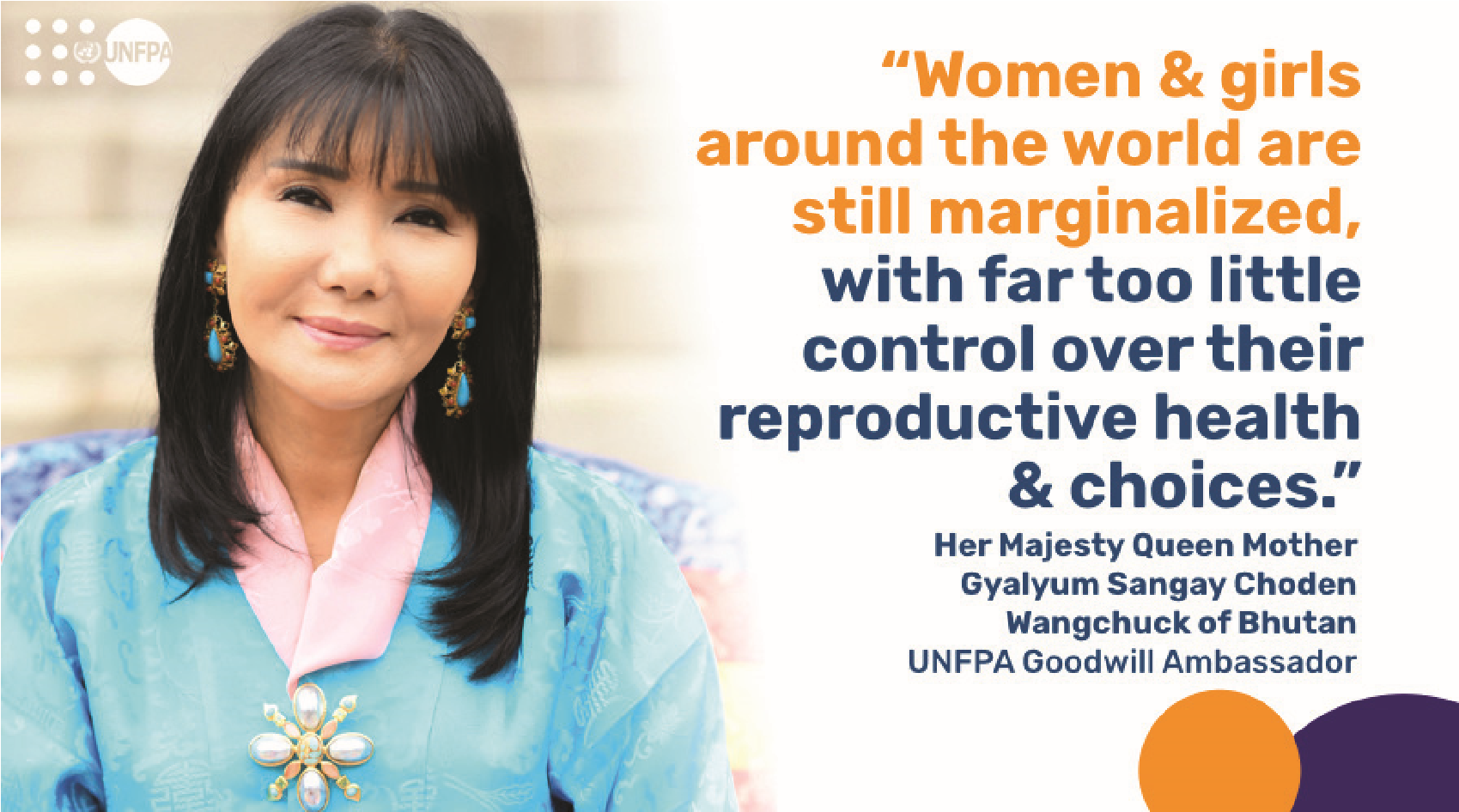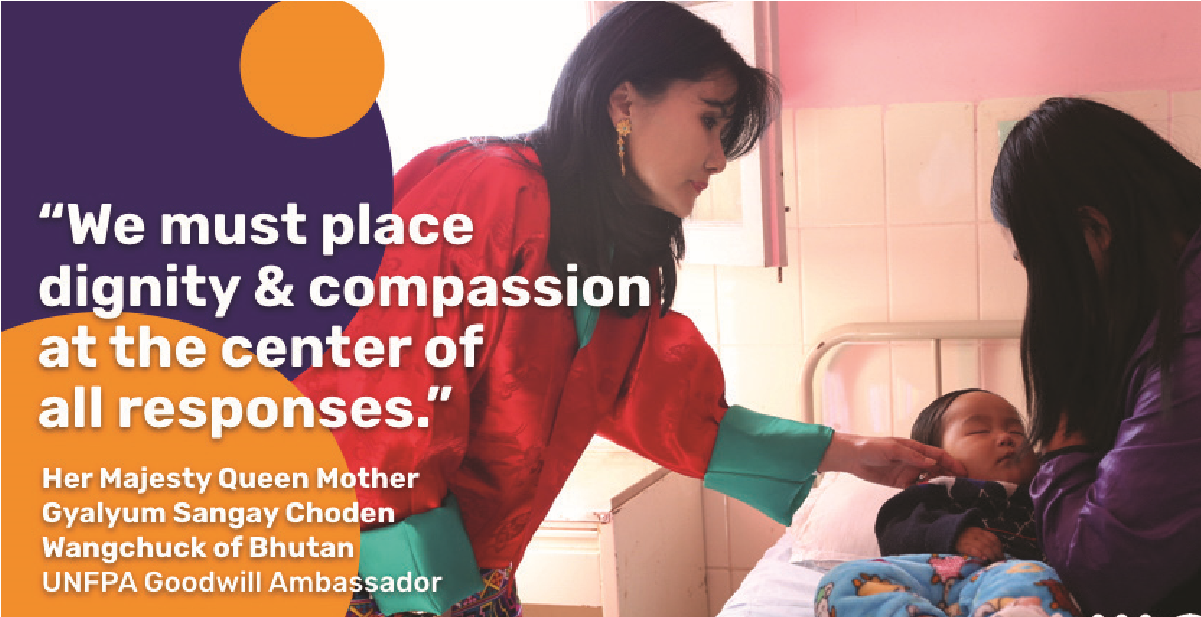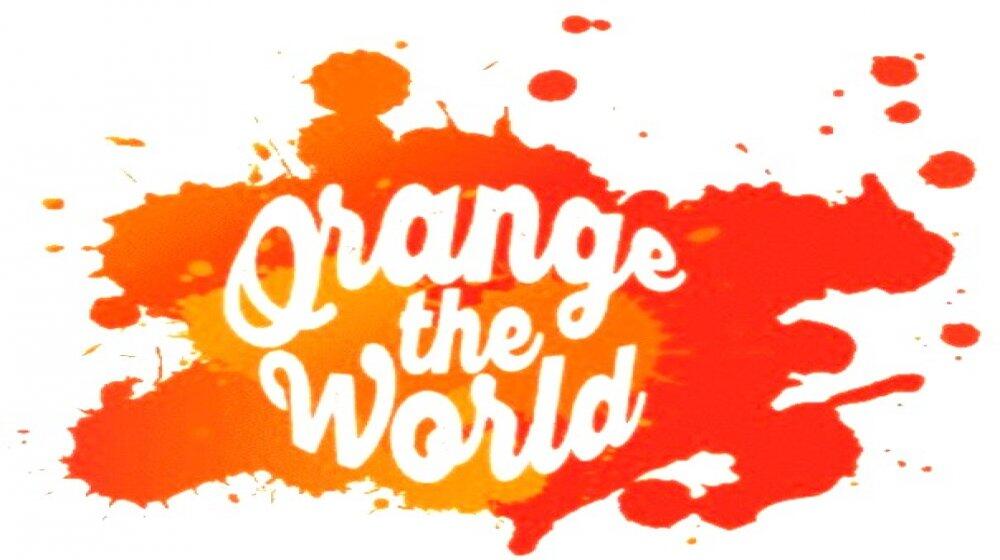
Today, as we commemorate the International Day to End Violence Against Women and Girls (VAWG) and mark the commencement of the global 16 days’ campaign against genderbased violence (GBV), we should all take a moment to reflect on the universal nature of VAWG and reimagine a world free of this human rights violation. Worldwide, it is estimated that on average 1 in 3 women and girls above the age of 15 will experience physical and/or sexual violence by an intimate partner, non-partner or both, at least once in their lifetime.
Violence against women and girls is one of the most prevalent human rights violations in the world. This scourge knows no social, economic, or national boundaries. Girls and boys with disabilities are nearly three times more likely to be subjected to sexual violence, with girls at the greatest risk. COVID-19 has exacerbated the risk factors for VAWG; factors such as increasing unemployment, rising poverty and social disruption have magnified the root causes of VAWG such as gender stereotypes and harmful social norms. According to the COVID-19 impact on women and children study, 2021 led by NCWC, school closures disproportionately impacted rural youth, forcing some girls to marry and become vulnerable to teenage pregnancy, bringing an end to their education and future job opportunities to enhance their livelihood. Further, Bhutanese school girls also missed nutritious school meals, crucial for their optimal growth and cognitive development, adding to an already dire nutritional status. The 2015 National Nutrition Survey states 1 in 3 Bhutanese girls are anemic, 17 percent of women are deficient in Vitamin A, reversing decades of progress and perpetuating structural inequalities that reinforce VAWG. As the pandemic rages on unabated in many places, the threat of a “shadow pandemic” of violence against women and girls have emerged all the more. Reports of violence against women and domestic violence in particular, has increased as security, health, and economic stress compounded the strains of living in lockdown.
Bhutan was not spared. According to records with RENEW, GBV in Bhutan has spiked by 53.5% during the pandemic and the number of cases reported to various service providers like NCWC, Royal Bhutan Police and one-stop crisis centers related to domestic violence and sexual assault have increased. Teenage pregnancy, cases of rape and sexual harassment have also witnessed increasing trends in the country. Lockdowns have led to an increase in usage of online platforms for multiple purposes with a corresponding increase in digital violence. Online violence includes many nefarious forms such as non-consensual sharing of intimate images, cyberstalking, online trafficking, sexual harassment and exploitation, hate speech and unauthorized publishing of personal information. The pandemic has also caused economic losses and had a significant impact on Bhutanese society, more so among women, children and marginalized populations due to ingrained inequalities and unequal power relations within the family structure. These findings make it all the more urgent for collective efforts in putting women’s leadership and contribution at the center of resilience and recovery. The COVID-19 pandemic has shown us that we really have to be disruptors of GBV.
Despite the impact of the pandemic, Bhutan’s work on the prevention of GBV and promotion of health and well-being including mental health and sexual and reproductive health is notable. The collaborative efforts of all stakeholders including the communities at large has shown the world that VAWG can be prevented through collaborative and effective strategic interventions and continuous scaling up of services. The unwavering leadership of UNFPA Goodwill Ambassador Her Majesty Gyalyum Sangay Choden Wangchuck in the promotion of SRHR and GBV prevention and her continued advocacy to keep crucial services available to women and girls during COVID-19 and beyond is commendable. The service provisions for the survivors and their families are in place. The advocacy to eliminate VAW and children is an ongoing campaign in the country.
In Bhutan, more than 2 in 5 women have experienced physical, sexual, psychological, or economic violence from a partner at some point in their lives, which has a significant impact on their health, both physical and mental. For women who have experienced violence and abuse, mental health issues such as depression, anxiety, post-traumatic stress disorder and suicide ideation are on the rise. Providing women with comprehensive and gender-sensitive mental health services can allow them to take control of their bodies, sexuality and lives.
Mental health is being prioritized on a national level. The foundation laying ceremony of The Pema Center- a Royal initiative of Her Majesty The Gyaltsuen, has set the basis to build robust mental health care services in the country.
Efforts have been stepped up on other fronts, taking lessons learnt from the COVID-19 pandemic to enhance access to service delivery. The NCWC, Ministry of Health and Ministry of Education, along with CSOs like RENEW and other stakeholders, in partnership with UN agencies such as UNFPA, UNDP, UNICEF, WFP are working together on a number of fronts. These include: integration of comprehensive sexuality education (CSE) in school curricula across all grades from class primary to secondary level; implementation of standard operating procedures on GBV prevention and response; enhancement of life skills based comprehensive sexuality education in monastic institutions; strengthening and expanding shelter homes in terms of infrastructure and delivery of services; engagement with private sector on gender equality, diversity, and inclusion including prevention of sexual harassment at workplace; strengthening the education system to respond to sexual harassment complaints; integrating gender and sexual and reproductive health components in the Scouts program and the competency-based internship program curriculum for doctors and other allied health workers; including digitalization of face-to-face peer led CSE course learning into online virtual e-courses for young people.
We are optimistic that ensuring the safety and well-being of women and children in Bhutan and around the world will continue to be a top priority. The UN country team in Bhutan remains committed to support the Royal Government of Bhutan in upholding the rights and choices of women and girls, and to ensure that every woman and girl in need receives the help and support that she needs.



